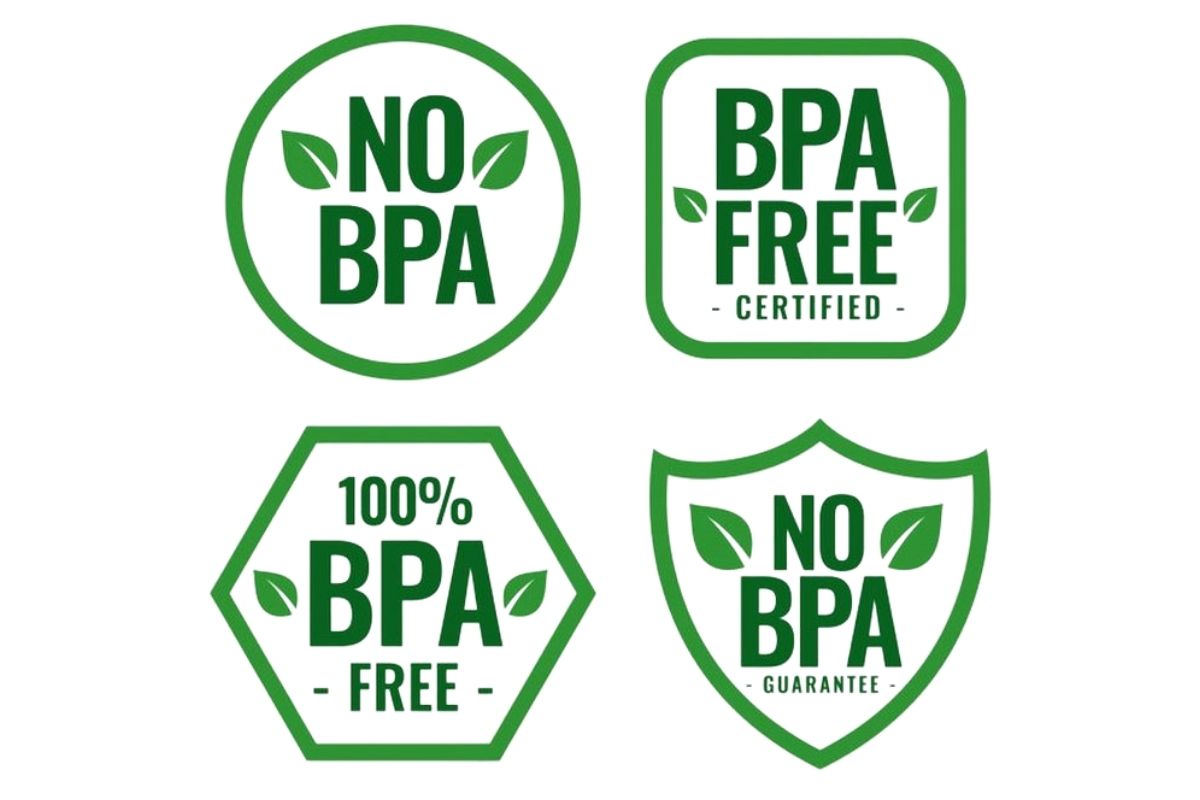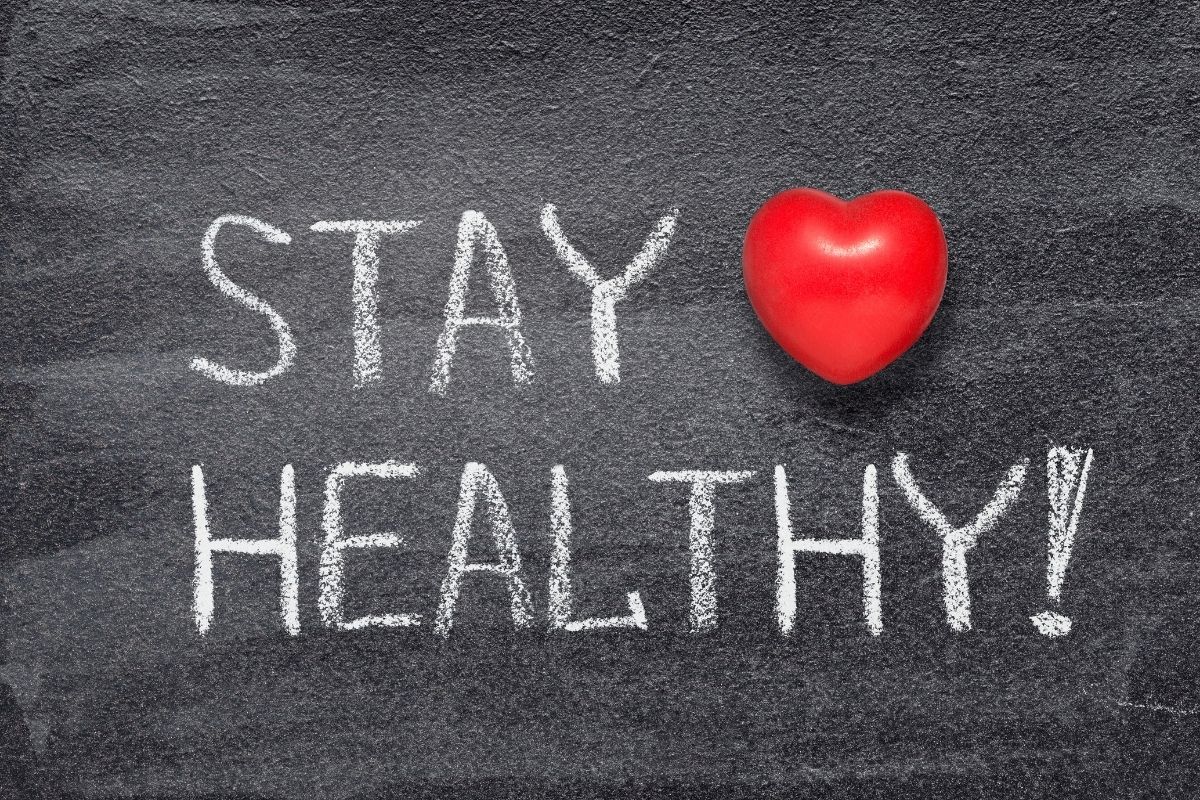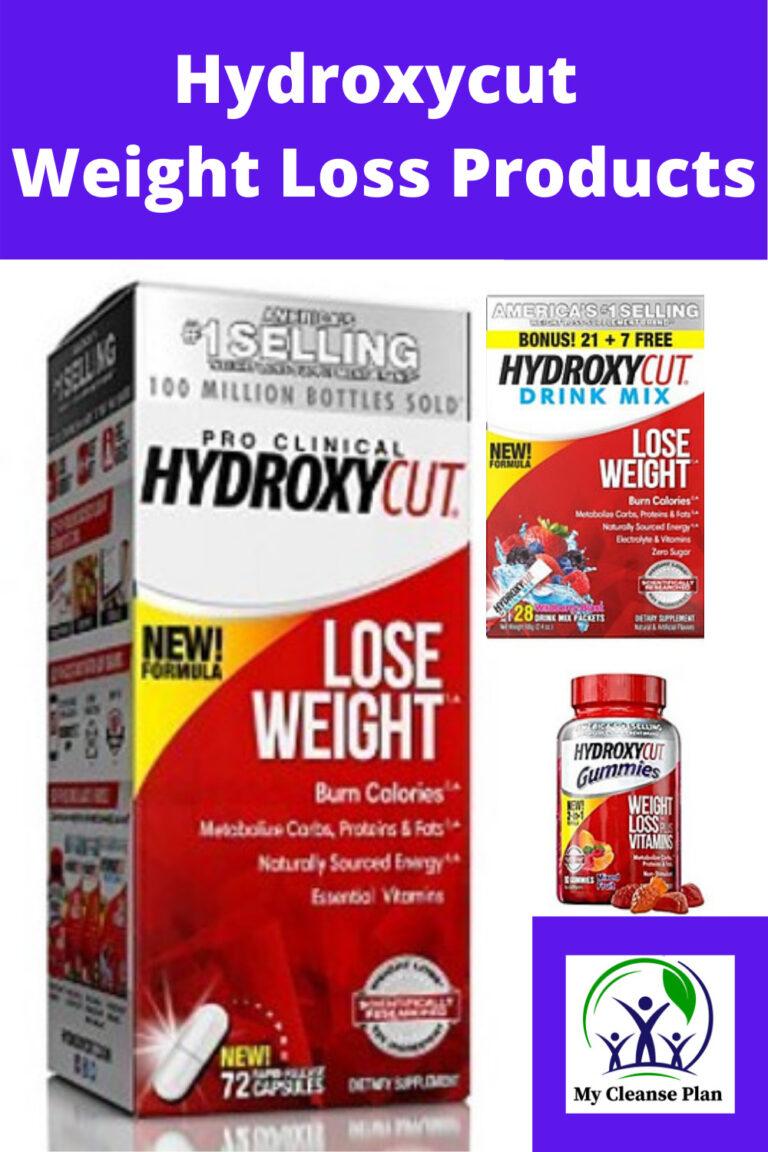What Are Obesogens and How To Avoid Them
What exactly are obesogens? And why should I care?
Obesogens are chemicals or substances that cause obesity. They include pesticides, plastics, and other industrial pollutants.
The term was coined by scientists at Harvard University who studied the relationship between environmental exposures and obesity.
Obesity has become a global epidemic.
In fact, according to the World Health Organization (WHO), over 2.8 million deaths worldwide are caused by being overweight or obese.
This means that every year, nearly half a million people die because they are too fat.
The WHO estimates that by 2025, more than 600 million adults will be overweight or obese.
This is an increase of almost 50% from 2010. In addition to the health consequences, obesity also causes social problems like discrimination and isolation.
It can lead to depression and anxiety.
What Are Obesogens?
Obesogens are substances that cause obesity by disrupting normal hormone signaling pathways. Scientists believe that obesogens act like hormones and bind to receptors in cells.
This binding causes changes in gene expression and cell growth.
Some scientists think that obesogens affect how our bodies process food.
When we eat, our digestive systems break down the food into smaller particles called nutrients.
Nutrients enter the bloodstream through tiny openings in the gut wall called capillaries.
Once inside the bloodstream, nutrients travel to every part of the body where they are needed.
The liver processes most of the nutrients before sending them to other organs. After processing, nutrients leave the body via urine, sweat, tears, breast milk, and feces.
There are a number of types of obesogens, and these include:
- Phytoestrogens – These are plant-based compounds found in soy products. They mimic estrogen in the body. Phytoestrogens are linked to an increased risk of breast cancer.
- Bisphenol A (BPA) – BPA is used as a plasticizer in food packaging and water bottles. It is also used in dental sealants and some medicines. Plasticizers are chemical additives that make plastics flexible, while BPA mimics estrogen in the body and may affect hormone levels and metabolism.
- Phthalates – These are used in many household items such as cosmetics, shower curtains, vinyl flooring, toys, and children’s clothing. They are also added to medical devices, including intravenous tubing. Some phthalates are known endocrine disruptors, meaning they interfere with hormones in the body.
- Atrazine – Atrazine is a widely used herbicide. It interferes with thyroid function and can cause birth defects. It is also associated with diabetes, heart disease, and infertility.
- Organotins – Organotin compounds are used in fungicides, wood preservatives, insecticides, and antifouling paints on boats. They are toxic to fish and wildlife.
- Perfluorooctanoic acid (PFOA), is an ingredient in nonstick pans. PFOA has been linked to infertility and thyroid problems.
- Perchlorate is a chemical commonly found in fireworks and rocket fuel. It affects thyroid function and can lead to weight gain.
- Polybrominated diphenyl ethers (PBDEs), are flame retardants that were once widely used in furniture foam, electronics, and textiles. PBDEs accumulate in human tissue and are associated with learning disabilities and behavior disorders.
- Polycyclic aromatic hydrocarbons (PAHs), are carcinogenic compounds produced during burning coal or wood. PAHs are common in cigarette smoke.
- Triclosan is an antibacterial agent added to soaps, toothpaste, deodorant, and other personal care items. Studies show that triclosan interferes with thyroid hormone production.
- Triclocarban is another antibacterial agent. Like triclosan, triclocarban has been shown to interfere with thyroid hormone metabolism
How Do Obesogens Work?

Obesogens act differently depending on their type. For example, bisphenol A mimics estrogen in the brain, so it affects appetite control.
However, phthalates don’t bind to receptors in the same way, so they don’t directly impact metabolism. Instead, they alter gene expression and cell signaling pathways.
Some researchers believe that obesogens may contribute to the rise in childhood asthma cases.
Asthma is a chronic lung condition characterized by inflammation and airway obstruction.
There is evidence that exposure to certain chemicals during pregnancy increases the risk of developing asthma later in life.
Some studies suggest that prenatal exposure to obesogens could also play a role in causing
autism spectrum disorders. Autism is a neurodevelopmental disorder that affects communication skills, behavior, and social interactions.
While there isn’t conclusive proof yet, research suggests that obesogens could potentially trigger other diseases as well.
For instance, one study showed that exposure to atrazine during fetal development resulted in reduced sperm count in adult mice.
Another study suggested that organotins might be linked to decreased fertility in men.
Is Obesity Caused By Genetics Or Environment?
The answer depends on your perspective. According to one view, genetics plays a major role in obesity.
This means that if you have parents or grandparents who were overweight, then you’re more likely than someone else to become obese yourself.
However, according to another view, environmental factors like diet and exercise are much more important.
In this case, being born into an environment where people eat lots of junk food and spend little time exercising makes it easier to gain weight over time.
Can You Avoid Them?
Unfortunately, not all obesogens are equally harmful. The good news is that most of them aren’t very common in everyday products.
That said, it’s still smart to avoid eating foods containing these chemicals.
If you want to reduce your exposure to obesogens, try to limit your consumption of processed foods and beverages.
Also, look out for warning labels when shopping. Many companies use obesogenic ingredients to make up for cheaper versions of popular products.
Look for “natural” or “no artificial colors/flavors” to identify healthier options.
If you do choose to buy something made with obesogens, read the label carefully. Some manufacturers list the chemical name right next to the ingredient.
Others hide the information in the fine print. If you see anything suspicious, contact the company and ask about its source.
How Do I Know If My Body Is Exposed To Obesogens?
If you drink soda regularly, you might be exposed to BPA. You can test for this exposure using a saliva-based test kit.
If you use certain types of personal care products, such as lotions, shampoos, conditioners, or makeup, you could be exposing yourself to phthalates.
Look for products labeled “phthalate-free” or “phthalate free.”
If you work at a job that uses firecrackers or fireworks, you may be exposed to perchlorate. Ask your employer about potential exposures.
If you live near areas where coal is burned, you may be exposed to PBDEs. Check local air quality reports to see if there are any nearby sources.
If you’re worried about exposure to these chemicals, talk to your doctor about what you should do.
Your doctor can help you find out whether you need to take steps to reduce your exposure.
How To Stay Healthy And Avoid Excess Weight Gain?

Obesity is a serious issue that can lead to many health problems. Fortunately, there are things you can do to help prevent excess weight gain and keep your body healthy.
One thing to remember is that while some foods are bad for you, others are actually beneficial. Fruits and vegetables contain antioxidants and fiber that promote overall health.
They also provide vitamins and minerals that are essential for energy production and immune system function.
In addition to fruits and veggies, whole grains are great sources of fiber, which helps control blood sugar levels.
Whole grains also contain B vitamins, iron, zinc, and selenium, which are important for maintaining strong bones and muscles.
When choosing between different types of fats, opt for unsaturated fats instead of saturated ones.
Unsaturated fats include mono-unsaturated fatty acids (MUFAs) and poly-unsaturated fatty acids(PUFAs).
MUFAs are found in olive oil, avocados, nuts, seeds, fish, and soybeans. PUFAs are found in fish, meat, poultry, eggs, and dairy products.
Both types of fat are considered heart-healthy because they don’t clog arteries.
How Can I Reduce Exposure To Obesogens?
There are many things you can do to limit your exposure to obesogens. Here are a few tips:
- Avoid Processed Food
Processed foods often contain artificial ingredients, preservatives, colors, and flavors.
While these additives may seem harmless, they can cause inflammation and contribute to obesity. When possible, choose natural or organic versions of packaged foods.
- Eat More Fresh Produce
Fresh fruits and vegetables are packed full of nutrients like vitamin C, folate, potassium, and fiber.
Eating them regularly will help keep you feeling energized throughout the day and give you an opportunity to add extra servings of whole grains, beans, and lean protein.
- Limit Alcohol Consumption
Alcohol contains high amounts of calories and has little nutritional value. It’s best to avoid drinking at all costs.
If you must drink alcohol, try to limit yourself to one serving per day. This way, you won’t overindulge and feel guilty about it later.
- Drink Water Instead Of Soda
Soda isn’t just unhealthy; it’s extremely fattening and can have adverse effects on your health.
If you really want something refreshing, go for sparkling water instead. The bubbles make this beverage more filling than regular soda.
- Don’t Skip Breakfast
Eating breakfast is a good habit because it gives you time to get your metabolism going before starting the rest of your day.
Studies show eating breakfast can improve your mood and increase your focus.
- Skip the Snack Attack
Snacking is a common problem among people who struggle with weight loss. However, snacks aren’t necessary when you eat three meals each day.
Make sure you eat enough food during lunch and dinner, so you won’t be hungry while snacking in the afternoon.
Explore Also:
Creativehouseblog
Dietsheriff
Gigasecurehome
- Get Enough Sleep
Sleep deprivation has been linked to increased appetite and overeating. Try to get eight hours of sleep every night.
Final Thoughts
The bottom line is that if you want to stay fit and healthy, you need to be aware of what you put into your body.
By avoiding obesogens and focusing on a balanced diet, you’ll have fewer health issues down the road.
Other articles to read:


![Intermittent Fasting & Gut Health Explore the Benefits and Risks[1]](https://mycleanseplan.com/wp-content/uploads/2025/10/Intermittent_Fasting__Gut_Health__Explore_the_Benefits_and_Risks1-768x448.jpg)

![Gut Health in Ancient Diets Exploring the Past for the Future[1]](https://mycleanseplan.com/wp-content/uploads/2025/11/Gut_Health_in_Ancient_Diets__Exploring_the_Past_for_the_Future1-768x448.jpg)
![Optimize Your Digestion Gut Strategies for Shift Workers & Night Owls[1]](https://mycleanseplan.com/wp-content/uploads/2025/11/Optimize_Your_Digestion__Gut_Strategies_for_Shift_Workers__Night_Owls1-768x448.jpg)

![How Ultra processed Foods Disrupt Gut Microbiota and Impact Health[1]](https://mycleanseplan.com/wp-content/uploads/2025/10/How_Ultra-processed_Foods_Disrupt_Gut_Microbiota_and_Impact_Health1-768x448.jpg)